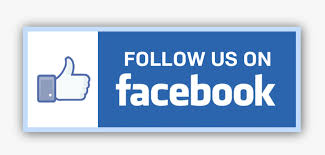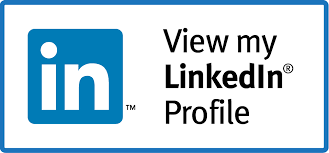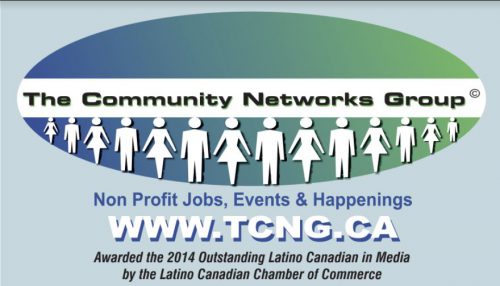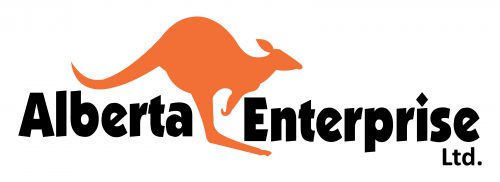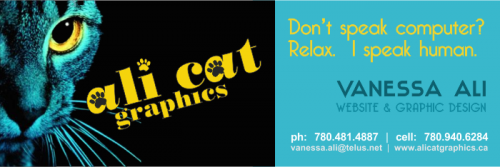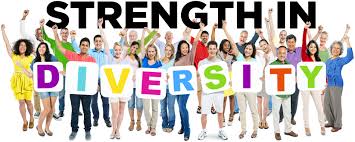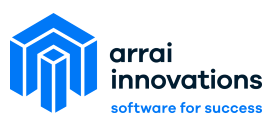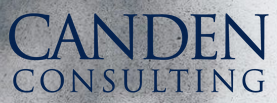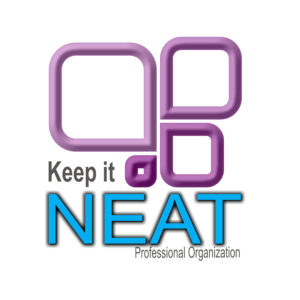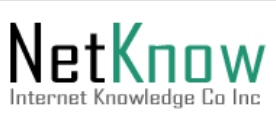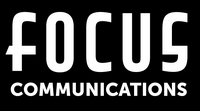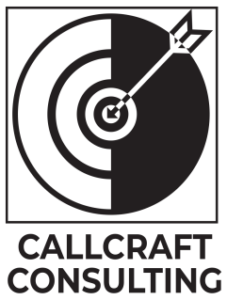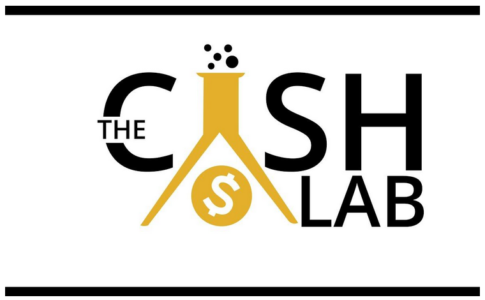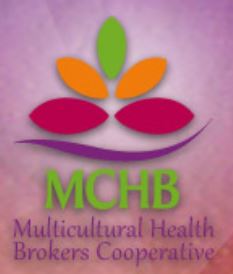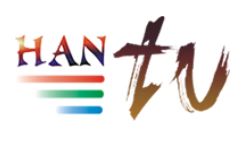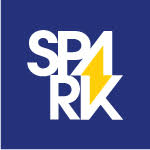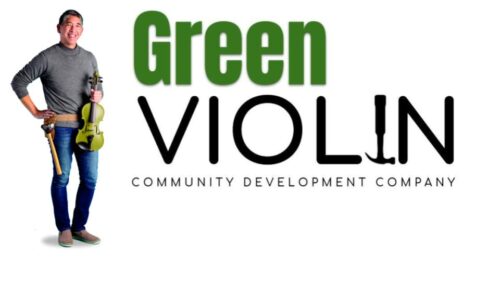
When we individuals have difficulty managing the complex challenges around us, we have always turned to collective and organizational intelligence for assistance. It’s as ancient as we are. We call it community. And when life seems so busy that we want to retreat from community, we need to reinvent community so it continues to work for us. No one finds his own way without help from others. The collective does not find its way without individual leadership and initiative. We are all wayfinders together.
Authentic Community
Scott Peck, the famous author of The Road Less Travelled and A Different Drum, said if you have ever experienced ‘authentic community’, you will continue to seek it out and recreate it wherever you go — for the rest of your life!
Sadly, many people today feel something is missing. Something bigger than themselves. They don’t know that the human heart has a vacuum in it the size and shape of community. It needs to be filled. Community is something that nature has given to us social animals as a birthright.
The authentic community fills that inner void. It provides a sense of belonging, identity, loyalty, security and shared purpose – things maybe you didn’t know were missing until you find them. It is an experience that transcends personal differences, and not only tolerates, but embraces and puts our differences to good use for the good of the whole. We are all different for good biological reasons. Our personal strengths were meant to be shared. That’s a higher order natural intelligence at work!
Healthy Community
Healthy communities do not segregate themselves but are open and engaging, adaptive and even innovative. They seek to grow and develop appropriately to serve the needs of their members. Healthy communities get good at helping their members find their best strengths and place in the bigger picture. They draw out that natural talent, nurture it and support it for the common good.
Collective Intelligence
Community intelligence is related to what is now called collective intelligence and crowd-sourced wisdom. In the early days of the scientific revolution kings offered prizes for the best scientific proposals. Collective intelligence is not new but it’s being rediscovered and modified for the 21st century. One person in a million may have a solution to a problem. Now, if that inventor wants to share it, we can all benefit from that solution. If the inventor can protect the intellectual property then he or she can charge for it and make a profit. The inventor may alternatively choose to make a free contribution to the sharing economy.
 Organizational Intelligence
Organizational Intelligence
But while collective intelligence draws on the talents of many individuals, this by itself does not produce new ideas or solutions. Another important aspect of community intelligence is what organizational behaviour theorists are now calling organizational learning, andorganizational or collaborative intelligence. This is not your grandad’s staff training. It’s about optimizing patterns of communication and control in the organization to maximize organizational performance. In any well-managed dialogue, committee or work group, for example, new ideas emerge that no individual member could have come up with on their own. In poorly managed or dysfunctional teams, the output group IQ could actually be lower than that of any member.
Community intelligence has what chaos theorists call emergent properties. The parts, together in particular relationships, produce new properties that do not exist in the parts themselves and usually would not be predicted. Others call it synergy, in which the intelligence of the whole community is greater than the sum of the members’ intelligence. Whatever you call it, the phenomenon is ubiquitous throughout nature but is only recently being recognized, studied and understood. The patterns of relationships among the members of a community add significant value that serves each member.
 Community intelligence building is a key purpose behind the new social enterprise, Wayfinders Business Co-operative. It’s not just about business, but about how we all work together organically in an ecosystem of trusted intellectual and economic transactions. Wayfinders incorporates both collective and collaborative intelligence, guided, of course, by human values.
Community intelligence building is a key purpose behind the new social enterprise, Wayfinders Business Co-operative. It’s not just about business, but about how we all work together organically in an ecosystem of trusted intellectual and economic transactions. Wayfinders incorporates both collective and collaborative intelligence, guided, of course, by human values.
Balancing the Self-Other Orientation
Nature has given us the genes to work both as individuals and as groups or communities. Each of us has some natural disposition for one end or the other of the spectrum — self or other. People are asked to ‘carry their own weight‘ but also to ‘serve others‘. Most people find a balance somewhere between the extremes. Using statistics you can see that there is a ‘bell-curve’ normal distribution of people along the continuum, with extreme loners at one end and extremely gregarious at the other end. Most find a balance somewhere in the middle.

Normal distribution of self-other orientation and locus of control
Neither end of the spectrum is solely correct, but both poles will surround themselves with people who feel the way they do. Like attracts like. People at both ends will develop worldviews shared among those with similar sentiments. Over time, we see ideologies emerge which solidify the polarities and bring out our sense of competitive tribal allegiances and territorialism.
When a natural neighbourhood has no sense of community, communities of interest come in to fill the void and play a bigger role in your life. That may mean membership is no longer as open, diverse or inclusive. They can become closed to outsiders. Religious orders, political ideologies, scientific disciplines, and intellectual camps can progressively become disengaged from the general population, displacing the organic community and thereby restricting community intelligence.
Some will say the adversarial polarity of politics is good for shaking out the issues. However, under competitive pressure to win the popular vote, people find more reassurance in their tribal alliances than they do in seeking facts, logic, truth or the ultimate welfare of the community as a whole.
You can see the evolution of party politics since the beginning of the British parliamentary democracy. But on a bigger scale you can contrast western liberalism that favours the individual and eastern collectivism that favours the whole. Within boundaries, both civilizations can survive and thrive. But there are limits and tipping points at which civil stability is threatened.
Personally, I favour an overall balance as I believe nature intended. I think it is not only possible to reconcile left and right, but it is imperative. The strengths of the individual and the strengths of community intelligence need each other. The work of sociobiology supports this position. There are mathematical algorithms that describe social interdependence in many other species as well as our own. I believe we should use management science to optimize the balancing of competing priorities in our civil systems.
Management Science
The challenge is to assume conscious, deliberate and rational control of our civil guidance system. No one wants to have someone else do ‘social engineering’ on us. We need to develop a new platform with good ‘organizational DNA‘ and values aligned with basic human needs. The platform would promote active member engagement, hence, a cooperative governance model is proposed. Each member gets one voting share. Each member is educated in the co-operative and management science principles.
Whether anyone is aware of it or not I cannot say, but there has been progress over the past few decades that holds the key to our personal and common futures. The key lies in the domain of those sciences variously called information theory, systems theory, cybernetics, operations research, chaos theory, decision theory, complex adaptive systems, AI, and so on. I prefer the term ‘management science‘ for convenience. To me every living thing is managing its life. That’s what we all do with our intelligence.
 Essentially this cluster of related sciences is evolving a unified explanation to encompass all life and intelligence. Management science finds ways to optimize performance or production lines, business processes and organizations of all kinds. It results in giant economies of scale in mass production, for example, so you can buy goods for cheaper. It can also be used to assist less formal organizations such as communities. If we prefer to think of communities as natural and organic, then we can refer to optimized communities as intentional communities.
Essentially this cluster of related sciences is evolving a unified explanation to encompass all life and intelligence. Management science finds ways to optimize performance or production lines, business processes and organizations of all kinds. It results in giant economies of scale in mass production, for example, so you can buy goods for cheaper. It can also be used to assist less formal organizations such as communities. If we prefer to think of communities as natural and organic, then we can refer to optimized communities as intentional communities.
Cultural Lag
Again, call them what you may, but we have a cumulative cultural deficit or growing cultural lag across our global monoculture. This is manifest differently in many quarters. The advances of technology leave advances in politics, family and community in the dust. As biological organisms, we pay more attention to tangible things than abstract or invisible things. We can adopt electronics faster than we can change religions. We quickly introduce cars and cell phones, then we take years to effectively regulate them.
In other words, our civil systems are not carefully optimized. The soft culture of values and beliefs is becoming the important critical path on the journey we call progress. Soft culture is the aspect of community and civilization that slows everything down or even disrupts technology. This soft culture needs a paradigm shift to catch up. In order to do this, the social sciences and psychology need to be firmly placed on the management science platform.
Civil and Psych Science
Our 200-year-old legacy social science has been largely marginalized. There is little money to incentivize serious civil research and development beyond academic exercises. Political animals, entrenched in legacy ideologies, often pay little attention to independent research on sociocultural matters. They generally believe they have the truth in their ideologies and party platforms. Much of the useful progress has come from organizational theory that emerges from management practice.
 Psychology is refining us. Advances in psychology are among the most profound of all advances in the last 150 years. But this kind of progress plays too close to the human heart, and at heart, we are creatures of habit, not inclined to change behaviours until we have to. So while we have a better appreciation of mental health, there is a growing concern over mental illness. Meanwhile, there are probably a lot more psychologists in the marketing and sales industry than there are in clinical research and practice.
Psychology is refining us. Advances in psychology are among the most profound of all advances in the last 150 years. But this kind of progress plays too close to the human heart, and at heart, we are creatures of habit, not inclined to change behaviours until we have to. So while we have a better appreciation of mental health, there is a growing concern over mental illness. Meanwhile, there are probably a lot more psychologists in the marketing and sales industry than there are in clinical research and practice.
Part of the problem of the various social sciences and psychology lies in the fact that each has evolved into their own separate disciplines. But reality is not disciplinary. Management science, on the contrary, views the real world as made up of tightly integrated and embedded systems. This is a far more realistic worldview.
Governments are known to be reactionary, rarely getting ahead of public opinion. Public opinion is also lagging well behind the futurists and thought leaders. The best thought leaders have been quite surprised by many recent events on the global stage. We need to understand that with the very unpredictable nature of our current human condition, we must get back to some basics while we are capable of being rational and thoughtful.
Wayfinding
Can we afford to allow a generation of our human family to wander off course amidst the dizzying accelerating rates of change, exponential growth of civil complexity and compounding chaos? As people cope with the mounting pressures and distractions they will inevitably disengage and lean on more primitive tribal instincts for protection.

Wayfinders at Work = Community Intelligence
We need to reconsider many of our legacy worldviews, sort through the best ideas, methods and tools available to us today, and incorporate them into a new paradigm platform. So that is what we ate doing at Wayfinders Business Co-operative© and it’s in an early startup stage.
As Wayfinders Business Cooperative sets out to bring forward the best in humanity, the best of our intellectual and technological heritage, we need to be smart about the new synthesis of these traditions, and be conscientious about where we are heading. We need to draw on management science and practice to develop the best science and practice in community intelligence.
Moreover, we must be cognizant of the fact that with each decision we make we add to the definition of humanity. We must find a way to remain true to our most positive nature while navigating an evermore complex global civilization.

